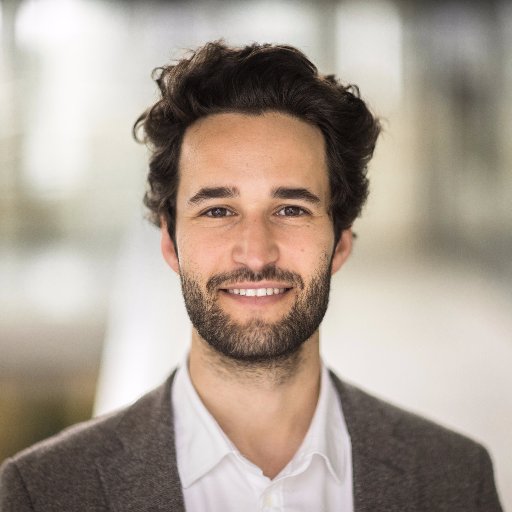
The future of work: technology, myths and the importance of learning
Daniel Susskind, Fellow in Economics at Balliol College, Oxford and co-author of 'The Future of the Professions’ is to speak at Learning Technologies 2019 with a keynote presentation on the future of work.
There's a lot of hyperbole about the future of work, about how robots are coming for our jobs, leaving in their wake a dystopian nightmare of mass unemployment. Daniel Susskind is here to explore those anxieties, pointing out the myths and misconceptions that generate them, and providing vivid illustrations of the opportunities and complexities of the future of work, as well as the very real risks.
“Daniel Susskind’s keynote will make you think about how we will work in the future, what will help us perform well, and what the role of the organisational Learning and Development function will be in a world where the technologies that surround us at work, and the jobs that employees perform, will be very different from today. This does not spell the end of corporate L&D, but it certainly suggests a very different future,” points out Donald H Taylor, Conference Chair, Learning Technologies.
Daniel Susskind’s keynote, “The future of work: technology, myths and the importance of learning”, will open Learning Technologies 2019 on day two 14 February.
Learning Technologies 2019 takes place on 13 and 14 February at its new home, ExCeL London. The full conference programme along with conference booking and early-bird rates is available via the Learning Technologies Conference web pages.
About Daniel Susskind
Fellow in Economics, Balliol College, Oxford University
Dr Daniel Susskind explores the impact of technology, particularly artificial intelligence, on work and society. He is a Fellow in Economics at Balliol College, Oxford University, where he teaches and researches. He is the co-author of the best-selling book, The Future of the Professions. His TED Talk, on the future of work, has been viewed more than 1.4 million times. Previously he worked in the British Government as a policy adviser in the Prime Minister’s Strategy Unit, as a policy analyst in the Policy Unit in 10 Downing Street, and as a senior policy adviser in the Cabinet Office. He was a Kennedy Scholar at Harvard University.


